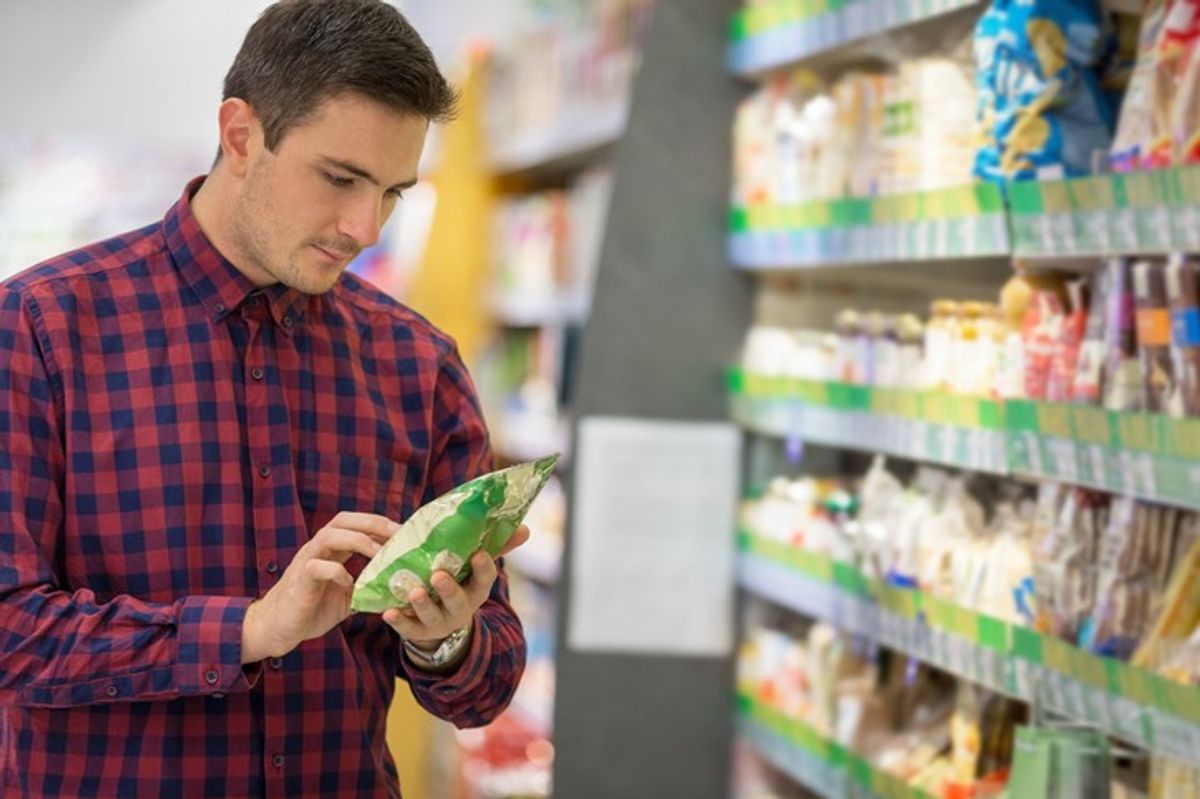Supermarkets and food brands are resorting to “shrinkflation” by sneaking through price rises by shrinking pack sizes, stated a media report on Friday (8), as a tactic to combat the rising cost of commodity, energy and labour.
In a recently observed trend, many food giants are seen reducing the size of the packs while keeping the price constant.
Walkers has cut two bags of crisps from its 24-bag multipacks while the price stayed at £3.50 while Smith’s Frazzles and Chipsticks now sell in a pack of six bags instead of eight for £1, The Guardian reported, adding that bags of KP peanuts are now 225g instead of 250g for £2.50.
Roysters T-bone steak-flavoured bubble chips now have five bags instead of six but the £1 price remains the same.
The report further added how Persil now has 75g less washing powder in a box for the same price of about £5, meaning that shoppers now get 37 washes from a pack, down from 40.
The trend implies that shoppers may be paying the same amount but are getting less quantity.
Prices of snacks saw a spike in the four weeks to 5 September, up 7.6 per cent according to analysts at Kantar, while crisps rose 5.4 per cent. Global oil price rises likely to have affected the price of laundry products as well as cat food, canned colas and skincare. Pasta and other products are also seeing a rise in price of ingredients based on wheat, for which prices have shot up in recent weeks.
Despite the public outrage, retail experts believe that food companies often see it as an easier way to offset higher costs than a straight price rise.
Steve Dresser, an analyst at Grocery Insight, feels that “retailers could, and already had, turned to other techniques beyond absolute price rises, including cutting down on the number of promotions or reducing the level of discount, for example shifting away from offers of three items for the price of two to four for the price of three” the media said in the report.
Retailers might also introduce a broader range of own-label goods, where they can earn higher profits, as a cheaper alternative to brands.
Oli Townsend, from Money Saving Expert, has warned consumers to look out for 'shrinkflation'.
“When products get smaller but prices stay the same, shoppers rightly feel short-changed," a reported quoted him as saying.


